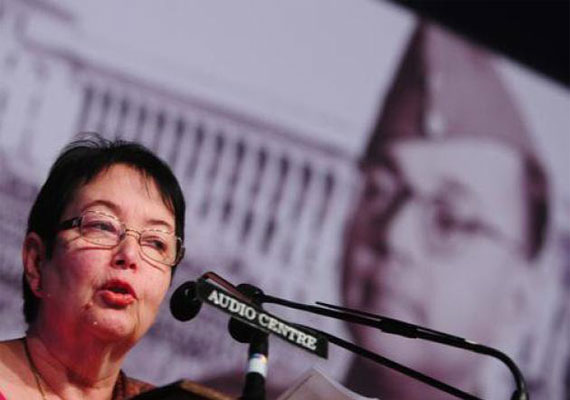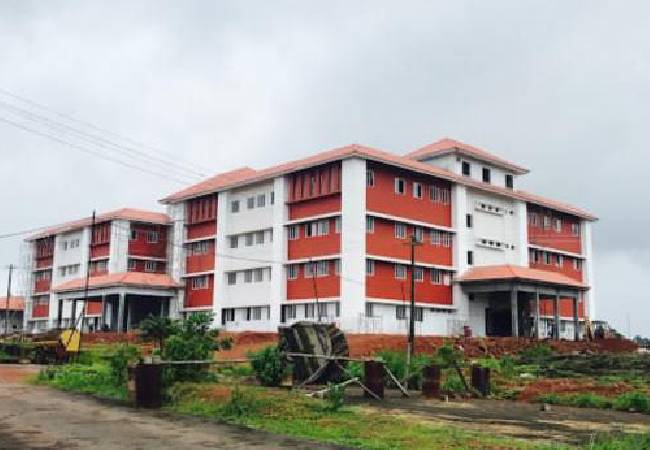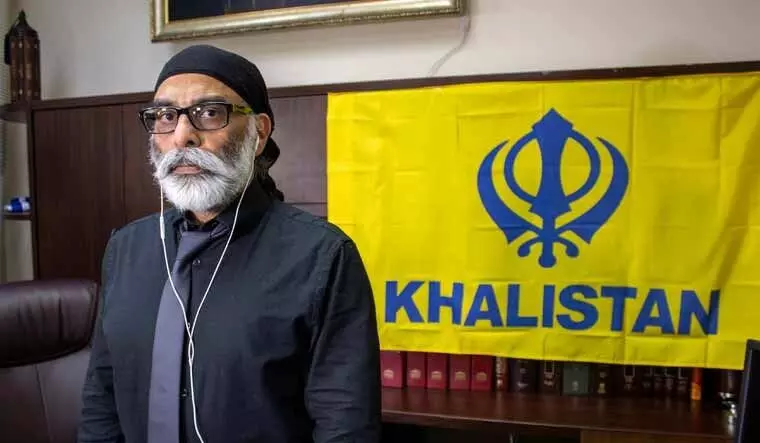Kolkata, Jan 22: A day before the 126th birth anniversary of Subhas Chandra Bose, his daughter Anita Bose Pfaff on Sunday noted that the freedom fighter believed in equal rights for all, irrespective of their gender, religion, caste and social position.
Bose Pfaff said that her father was a deeply religious person but wanted India to be a secular state.
In a statement issued from Germany, she pointed out, "Members of all parties, across the entire political spectrum, parties who share his ideas and his ideology and those who do not, pay tribute to him and thank him for his sacrifice for India."
The statement comes in the wake of a controversy over the RSS holding a rally to honour Netaji and many questioning the ideological incongruity of the event, given Netaji's secular credentials.
The economist pointed out that education for all men and women was of utmost importance to the freedom fighter.
She described her father "as a politician inspired by socialism who envisioned India to become a modern, socialist or in today's terms social-democratic state, with equal opportunities for the well-being of all".
Bose Pfaff also renewed her call for bringing back the ashes preserved at Renkoji temple in Japan, believed to be that of the freedom fighter.
"Even though he died in a foreign country more than 77 years ago and his remains are kept in a foreign land, many of his countrymen and his country women have not forgotten him...
"Let us bring Netaji's remains back home," the statement said.
Bose Pfaff also stated that the revolutionary leader, during the freedom movement, was forced to seek the cooperation of fascist countries which did not share his ideology.
"In his struggle for India's independence, he saw himself forced to seek the cooperation and support of fascist countries who did not share his ideology and his political agenda. At that time, they were the only countries willing to support this struggle against a common adversary," she added.
Several reports, over the years, have claimed that Netaji had on August 18, 1945, boarded a plane from Taihoku Airport in Taiwan, which crashed soon after leading to his death.
The reports have also suggested that his remains are kept at Renkoji temple.
Three inquiry commissions were formed by the Centre to unravel the mystery of Netaji's death. Two of them - the Shah Nawaz Commission (1956) and Khosla Commission (1970) -- said that
Bose died in an air crash.
The third one the Mukherjee Commission (1999) -- had said he did not die in it.
Let the Truth be known. If you read VB and like VB, please be a VB Supporter and Help us deliver the Truth to one and all.
Tiruchirappalli (PTI): Five people have been arrested in connection with the death of the Anna University student, who jumped in front of a speeding train in Pudukottai district, police said on Tuesday.
The deceased, a third-year student from Virudhunagar district, was found dead on the railway track near Mandaiyur on the night of September 20 by the railway police, who later recovered a suicide note from his hostel room.
The student had, in the letter, alleged sexual assault, blackmail, and extortion by five men.
Following this, the police arrested the five suspects. A case has been registered, and further investigation is on.





